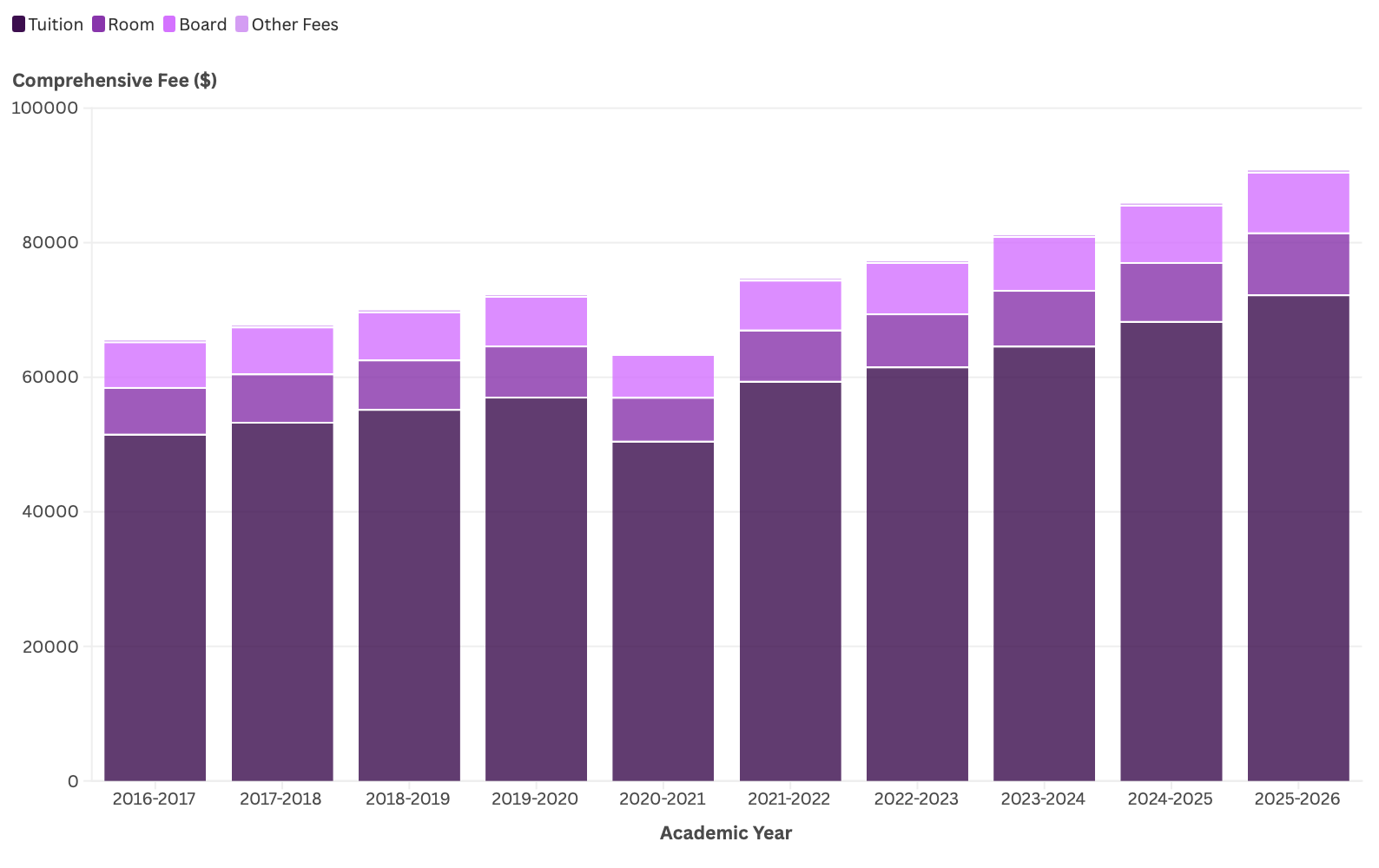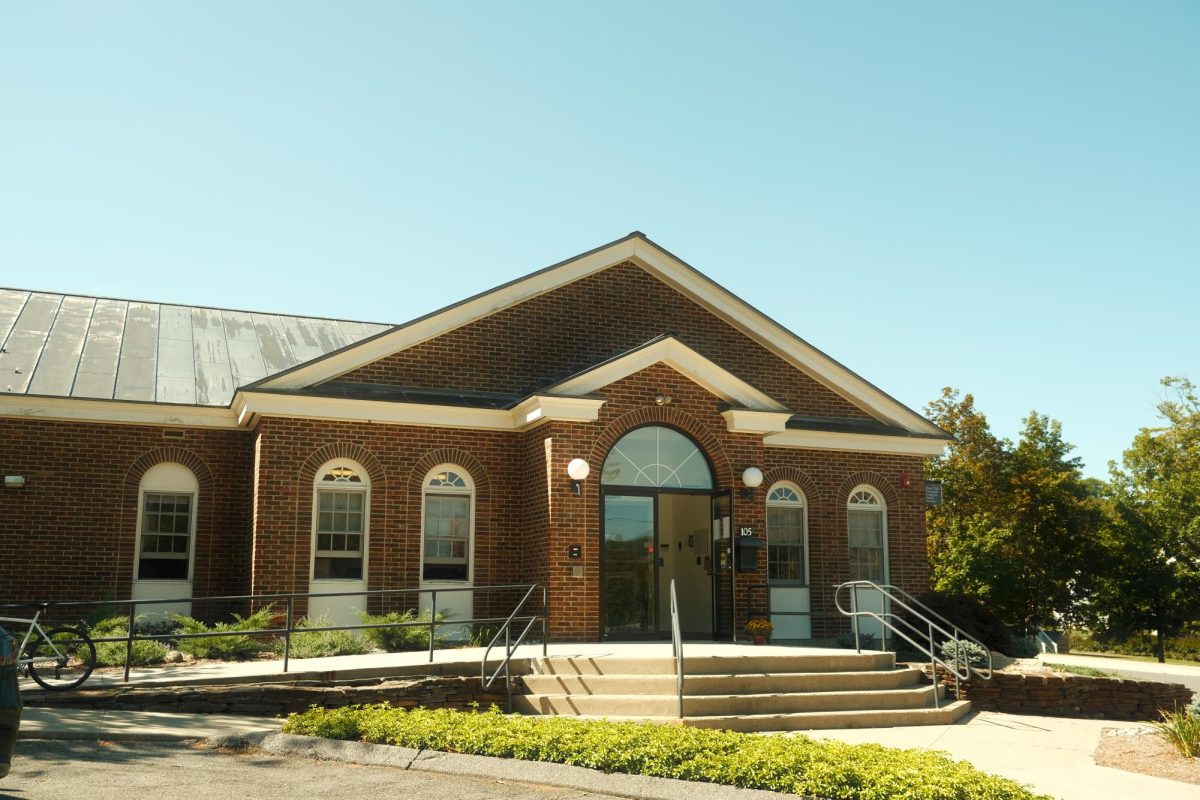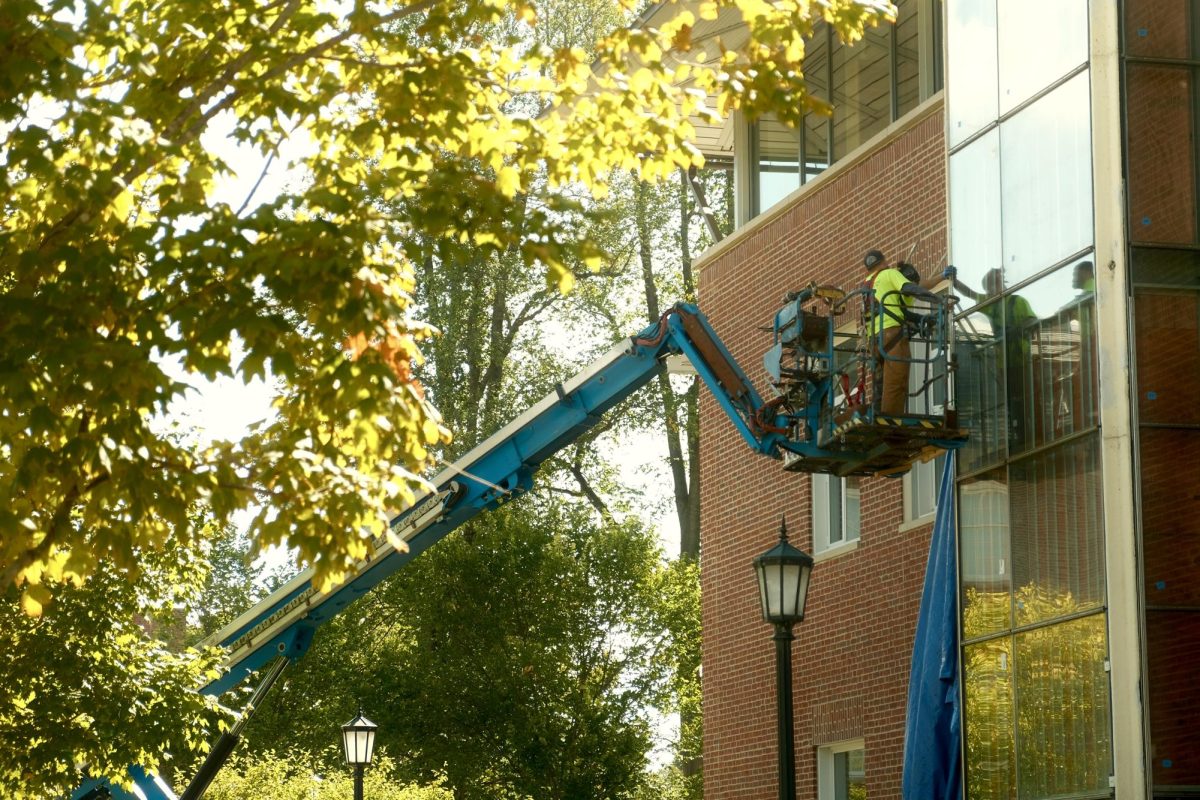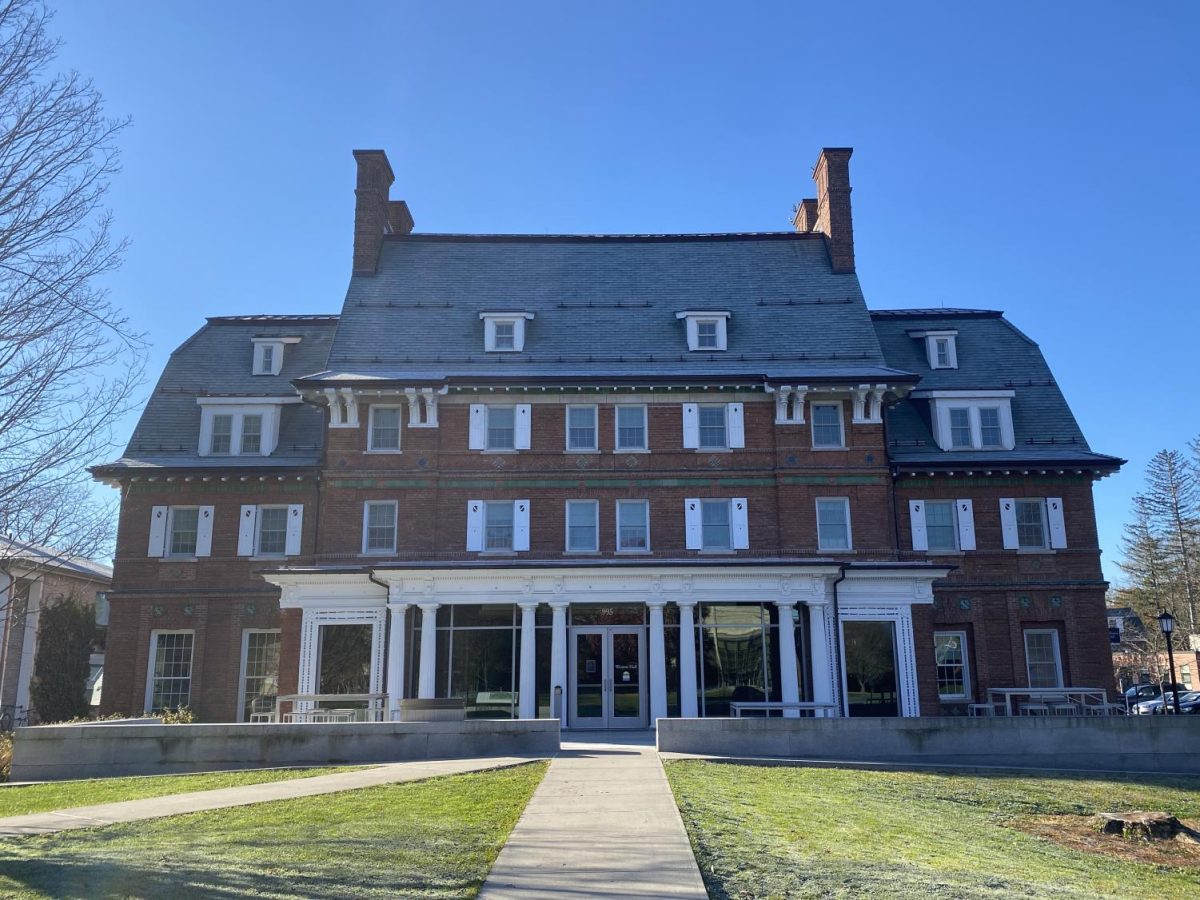
The College’s comprehensive fee — which encompasses tuition, room and board, and other required charges — will be $90,750 for the 2025-2026 academic year, Vice President for Finance and Operations Mike Wagner and Provost Eiko Maruko Siniawer ’97 announced in a March 21 email to first-year, sophomore, and junior students.
Next year’s comprehensive fee marks a 5.7 percent increase from this year’s fee. Financial aid awards will be adjusted to cover the increased costs, Vice President for Finance and Operations Mike Wagner and Provost Eiko Maruko Siniawer ’97 wrote in an email to the Record.
“The comprehensive fee helps fund the many distinctive aspects and opportunities of a Williams education, from the vibrant academic life to the abundance of co-curricular programs and the renewal of campus spaces important to the residential liberal arts experience,” Siniawer and Wagner wrote in their March 21 email.
Net tuition — the revenue the College receives from tuition payments — comprises 30 percent of the College’s fiscal year 2025 budget. The majority of the College’s spending is covered by donations and withdrawals from the endowment, which fund more than half of the College’s operating expenses.
Over the last 10 years, the comprehensive fee has increased by more than $25,000. Even with the stark increase, the College’s expenses per student still exceed the value of the comprehensive fee. The College expects to spend $140,800 per student in fiscal year 2025.
“Williams is fortunate that the generosity of donors and careful management of the endowment enable the college to subsidize the education of every student, including those who pay the full comprehensive fee,” Siniawer and Wagner wrote to the Record. Siniawer and Wagner noted that, adjusted for financial aid and inflation, average tuition payments have declined over time. “[We’d] also point out that at Williams, the real, average net price — what students on average actually pay for a Williams education, adjusted for inflation — is lower today than it was twenty years ago,” they wrote to the Record.
The College’s comprehensive fee remains slightly lower than peer institutions, including Amherst, Middlebury, and Wellesley.













